Cannabis is seen differently everywhere. Despite the feelings in some countries, others have warmed up to the idea. Germany is growing closer to reaching a recreational cannabis proposal. Three different groups are negotiating the market for the sale and use of recreational cannabis. Groups described as the Social Democrats, pro-business Free Democrats, and a group called Greens are pushing the legislation forward. They plan to introduce the bill in December when the new administration takes office under Social Democrat, Olaf Scholz.
The country is known for their beer consumption but cannabis could soon be added to the list. They’ve previously had a different approach. Unlike the US who categorizes it as having no medical benefit and being the most dangerous, Germany sees it as “neither too dangerous to market, nor too dangerous to prescribe.” Private consumption is a relaxed idea with public consumption typically resulting in confiscation rather than any serious consequences.
These negotiations would open up the sale of the plant as well as public consumption in the future. There’s been no real decision yet as everyone is waiting until December. Most involved don’t want to be named either. Until the regime change, most are staying at arm’s length to the topic; likely, to pass it easily when the time comes. Even now though, the initiative leans heavily towards approval.
EUROPEAN WEED
Cannabis in Germany. Since 2014, the country has stood against cannabis legalization. Today, that has changed to 49% in favor and 46% against. In Europe as a whole, the market is projected to be worth 3.2 million euros by 2025. According to the European Cannabis Report, that’s up by 403 million euros than it is worth today. Similar to Canada, this could change the cannabis business on a higher level in the US. With Germany being so far, however, they could influence places like Amsterdam and the Middle East much more.
In the grand scheme of things, this is good news for cannabis worldwide. More countries outside of the US changing their laws forces the United Nations to also change their stance. Last year, they removed cannabis from its list of hard drugs. That was following the European Commission’s categorization of cannabidiol, or CBD as its commonly referred to.
Citizens and officials are hoping the change in laws will fix issues that its prohibition has caused. Those looking for medical assistance are stigmatized for purchasing illegal products. Prohibition has also allowed underage individuals easier access. Doctors can’t even assist because of the laws; which, in turn, only furthers the stigma. For the trade union representing Germany’s criminologists, the current law is described as “neither intelligent, nor constructive.” Let’s hope that, come December, we can refer to it differently.







